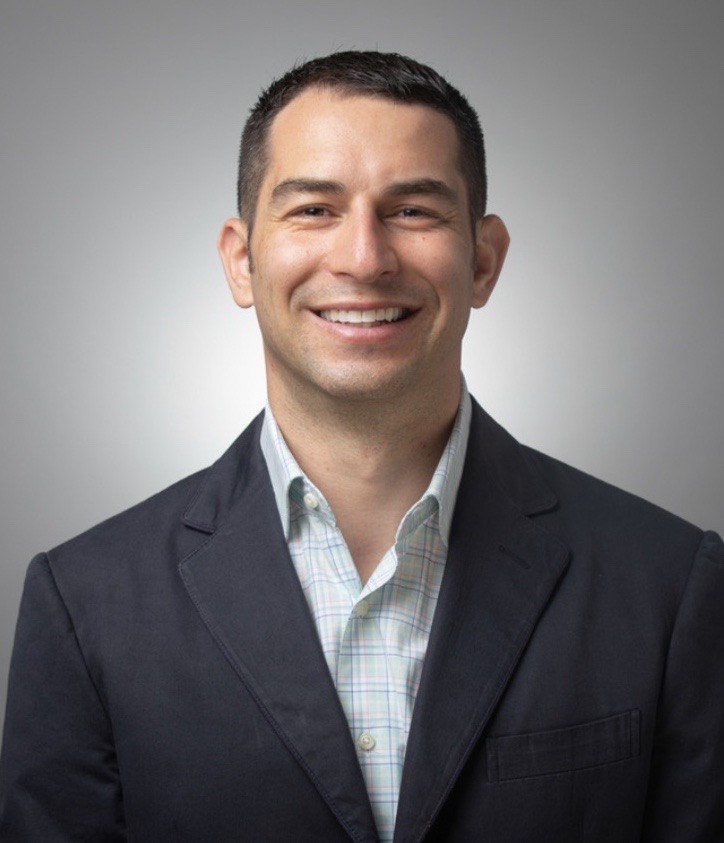
Authored by:
Benjamin Swig
Director, Acadian Health
In the realm of healthcare, patient engagement is often heralded as a key to better outcomes. Yet, the common misconception that engagement rests solely on the patient’s shoulders overlooks the crucial role of healthcare providers.
My experiences working with Medicaid and Medicare populations has underscored that true patient engagement is a synergistic process, heavily influenced by a provider’s approach as much as by a patient’s willingness.
A Shared Responsibility: The conception that patients alone decide their engagement level in healthcare is a narrow view. Physicians and care teams play a pivotal role in fostering or impeding this engagement. A patient-centered, trauma-informed approach goes beyond treating a condition; it involves understanding the patient’s life context, barriers to care, and social determinants of health.
At Acadian Health we have embraced this philosophy, recognizing that effective patient engagement is a marathon, not a sprint, involving a relay among various specialists and care team members.
How do we know this approach is effective?
Building Trust through Reflective Listening and Safe Spaces: Reflective listening, a core component of patient-centered care, enables physicians to understand and empathize with patients’ experiences and feelings. A study published by Monitor on Psychology, an American Psychology Association publication, indicates that patients whose doctors engage in reflective listening feel more understood and are more likely to adhere to treatment plans. By providing a safe, trusting environment that includes choice and collaboration, patients feel listened to and respected, which fosters active participation in their care.
Understanding the Whole Patient: Treating the whole patient includes acknowledging and addressing barriers to accessing care. Research from the American Journal of Public Health shows that recognizing social determinants of health can significantly improve patient outcomes. At Acadian Health, considering these factors in creating patient-centered care plans has led to more effective and personalized patient management.
Sustained Behavioral Change: When clinicians at Acadian Health introduce this comprehensive approach to providers as a conduit to relationship building, they witness sustained behavioral change in both patients and providers. Our data reveals that we are able to sustain behavior change in as few as 6 patient visits (and at most 11) for patients requiring complex care support. Our engagement not only enhances patient-provider relationships, but also leads to increased outpatient visits and reduced emergency department and hospital admissions. This demonstrates a tangible, positive impact on health outcomes.
Some argue that time constraints and financial pressures in healthcare settings limit the feasibility of such in-depth engagement. However, the long-term benefits of using lower cost clinicians like paramedics to act in this fashion results in fewer hospital readmissions, improved patient compliance, and enhanced satisfaction and ultimately lead to more efficient healthcare delivery and cost savings. Investing time upfront in comprehensive patient engagement saves resources in the long run.
The journey towards optimum health is a shared one, with both patients and providers holding the reins. It’s time to shift the paradigm in healthcare from a singular focus on medical treatment to a holistic approach that values patient-provider collaboration. Physicians, healthcare workers, and patients must embrace this collective responsibility to truly transform healthcare outcomes. At Acadian Health, we have seen the rewards of this approach; now, it’s time for the broader healthcare community to take these strides forward.
Let’s not just treat the disease — let’s treat the person.














